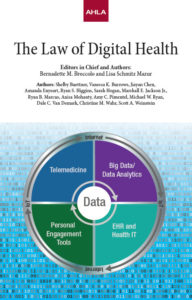As businesses have scrambled to obtain compliance with the California Consumer Privacy Act (CCPA) in recent months, questions surrounding its constitutionality have arisen. As a broad, sometimes unclear state law that imposes significant obligations on businesses around the country, CCPA may be ripe for legal challenge. The strongest bases for such challenges appear to be: (1) that CCPA violates the “Dormant Commerce Clause”; and (2) that CCPA is impermissibly vague.
Dormant Commerce Clause
The burden that CCPA imposes on out-of-state economic activity may place it in violation of the Dormant Commerce Clause, a legal doctrine created out of the Commerce Clause of the US Constitution. The Commerce Clause allows the US Congress to regulate interstate commerce; from this grant of power, courts have inferred a limitation on the authority of states to regulate interstate commerce, a doctrine coined the Dormant Commerce Clause. On this basis, courts will strike down state laws that explicitly discriminate against out-of-state actors or that regulate activity that occurs entirely outside of the state. In addition, the Dormant Commerce Clause prohibits laws that do not explicitly discriminate against out-of-state economic interests if the effect of a law is to unduly burden interstate commerce. If a state law does unduly burden out-of-state interests, a court will typically balance the burdens imposed on interstate commerce against the benefits the law creates for the state to determine whether or not the law should be upheld.
read more

 Subscribe
Subscribe


